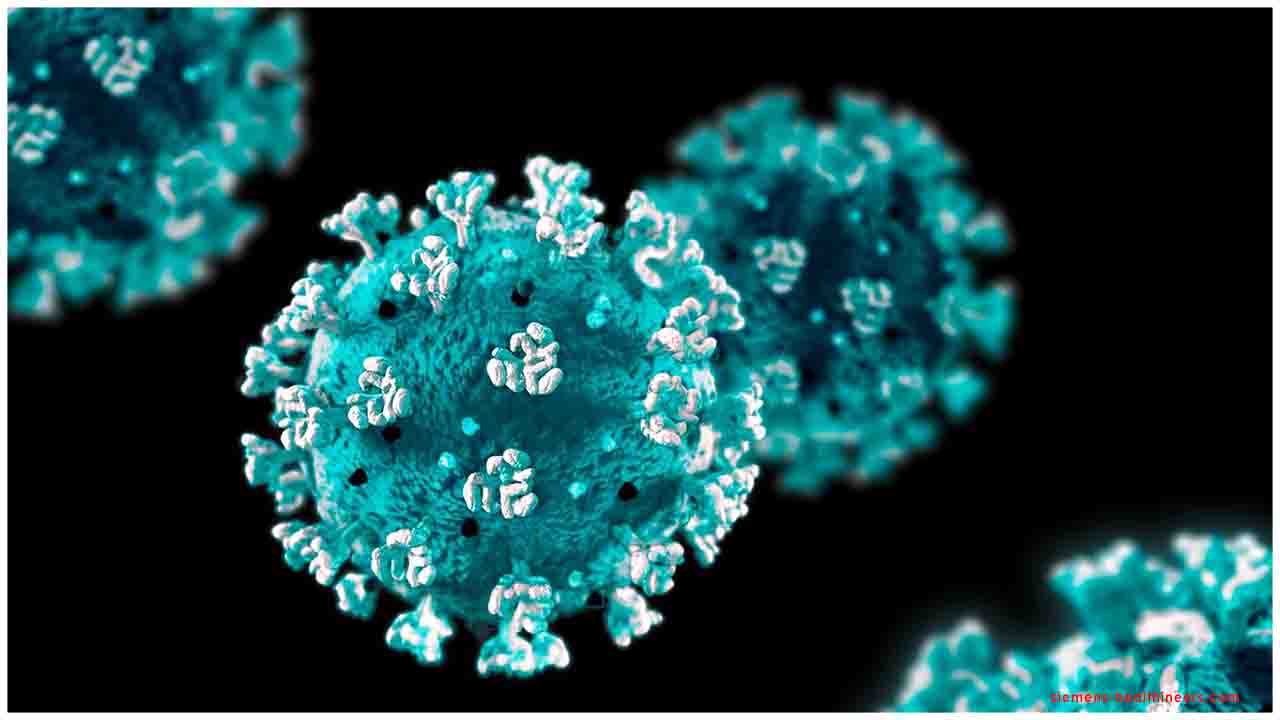The levels of viral genetic material or viral load, detected in COVID-19 patients at the time of admission can be a predictor of poor outcomes "above and beyond age, other medical problems, and severity of illness on presentation," according to a new study which says the measure can be used to risk-stratify those infected with the novel coronavirus.
The researchers, including those from New York University (NYU) Langone Health in the US, looked at the medical records of 314 patients who came to the emergency room between March 31 and April 10, 2020, diagnosed with COVID-19 on a molecular diagnostic (RT-PCR) test, who also had viral pneumonia serious enough to require hospitalization.
In the study, published in the Annals of the American Thoracic Society, they examined whether the amount of RNA or genomic load, of the coronavirus detected in swab tests of patients being admitted to the hospital with viral pneumonia, is associated with more severe COVID-19.
"We demonstrated that for patients admitted to the hospital with COVID-19 pneumonia, SARS-CoV-2 load, as reflected by the cycle threshold (Ct) value of the PCR, should be looked at as a predictor of adverse outcomes," said study co-author Ioannis M. Zacharioudakis from NYU. The scientists explained that the cycle threshold Ct value is one of the results that the PCR technique gives that can be used as a surrogate of the amount of virus that is detected on nasopharyngeal swabs.
"High viral load was shown to be a predictor of poor outcomes above and beyond age, other medical problems and severity of illness on presentation, indicating that it can be used to risk-stratify, or triage, patients," Zacharioudakis said.
According to the researchers, RT-PCR tests for SARS-CoV-2 are the most accurate class of COVID-19 tests available and can sample and analyze the greatest amount of genetic material, even at presymptomatic stages of the disease. In the current study, they gathered respiratory samples from patients that were analyzed by RT-PCR technology using nasopharyngeal swabs.
The endpoints of the research included whether a patient required mechanical ventilation support and whether the patient died while in the hospital, or was discharged to hospice. "We know that the virus multiplies rapidly in the asymptomatic and early symptomatic phases of COVID-19," Zacharioudakis noted. "Our study is in keeping with this conclusion, as indicated by our finding of higher viral load in patients who presented earlier in the disease," he added.
The study also found that patients who had multiple comorbid conditions, such as heart disease, diabetes, and cancer were more likely to have a higher SARS-CoV-2 load at hospitalization, and as a result, an increased risk for poor outcomes.
According to the scientists, the association of high viral load with poor patient outcomes remained after taking into account the patients' underlying conditions, how long they were sick before coming to the hospital, and how sick they were at the time they presented. Among patients with a severe clinical presentation, the researchers believe those with a high viral load were almost twice as likely to get intubated or die.
"Our study provides a justification for using patients' SARS-CoV-2 load at the time of hospital admission to assess their risk of adverse outcomes," Zacharioudakis added. "In an era when the availability of antiviral medications proven effective against COVID-19 might be limited, and the capacity for intensive monitoring is finite, it is of utmost importance to be able to prioritize the patients who will benefit the most from early treatment or a higher level of care," he added.
The scientists believe further studies are needed to evaluate whether a decrease in viral load of patients hospitalized with COVID-19, who may or may not be treated with antiviral medications, is linked to an improvement in clinical status.
.
Story Source: https://in.news.yahoo.com/

 According to a new study which says the measure can be used to risk-stratify those infected with the novel coronavirus
According to a new study which says the measure can be used to risk-stratify those infected with the novel coronavirus



















.jpeg)

.jpeg)










.jpg)




.jpg)

